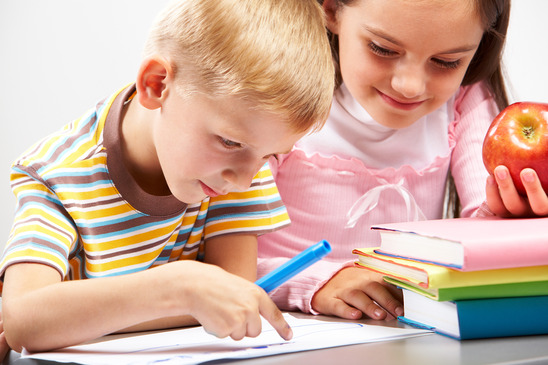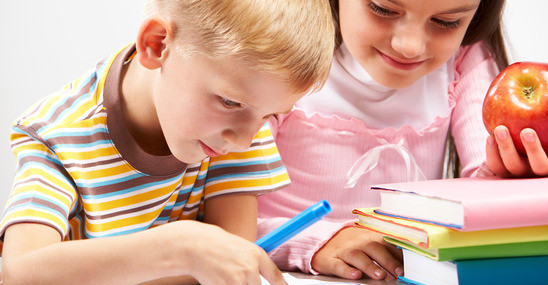Its summer time. Time for vacations, sleeping in, and lazy days at the pool with nothing much to do.
Yet even in your down time, it may be time to think about your child’s future.
From a very early age, kids are attracted to music. They start dancing to it before they can walk. They hum a tune before they can talk. Even the toys geared towards the youngest of children are focused in around the concept of music. Music is a part of our society, and when you turn the tables and allow a child to make music as well, something magical happens.
Kids are busy these days. No matter how old your child is, chances are you’ve started running them here and there for a host of activities. Swimming lessons. Birthday parties. Soccer practice. When will you fit piano lessons in? And why should you? Is it worth it? What will it do for your kids?
Actually, its one of the best gifts you can give your kids.
Playing the piano stimulates the mind, helps with creativity, gives them self confidence, reduces stress, gives them a lifelong skill, and can improve their performance not just in the elementary years, but all the way through college and beyond. They do not need to become a professional musician to gain all the benefits piano has to offer. They can gain just as much from playing at the skill level that allows personal enjoyment and to play recreationally whenever they have a chance.
Are you convinced? If so, you’ll soon be facing the next hurdle: buying a piano. And for many people this is the most confusing stage of all.
For many people, when they look to playing the piano, dollar signs begin flashing before their eyes. Should you really invest in a new piano when you aren’t even sure how long your child will play?
If your child starts on a soccer team, would you let them play without the proper shoes, or an old ball that was flat? Of course not. They wouldn’t be able to kick properly, and without the proper shoes, would run the risk of injury. And in order to love the game and learn skills to make them a better player, having the proper equipment makes all the difference.
The same applies to learning to play a piano. Yes, you could pound out a tune on a child’s piano you pick up at the discount store for $20, but would they learn quality music with that tinny sound? Would they enjoy it?
The only way to learn a skill and enjoy what you’re doing is to have the proper equipment during the process. And it doesn’t have to cost an arm and a leg. You don’t have to buy a brand new piano your first time out. Instead, come in and see what we have to offer
Pianos come in all shapes and sizes. They come in digital and acoustical formats. You can find new, used and restored.
Whatever your budget, whatever your needs, there is a right choice for you.
And when you ask a professional with decades of experience in the art of piano, you’ll get sound advice and peace of mind that comes from knowing you are buying the best quality instrument at your price range, one that will give your child the best opportunity at learning a lifelong skill.
That’s all that really matters.



